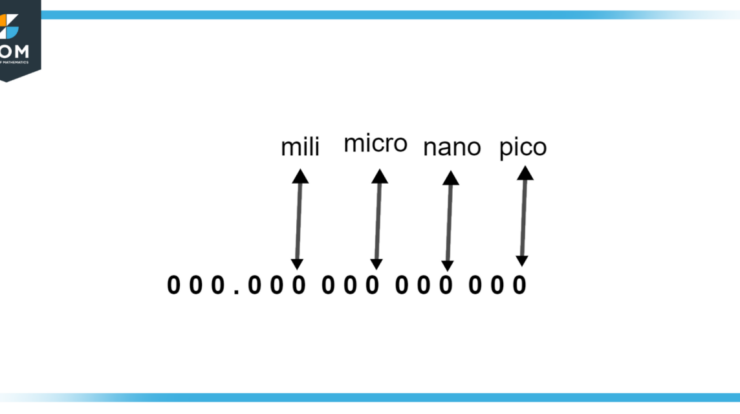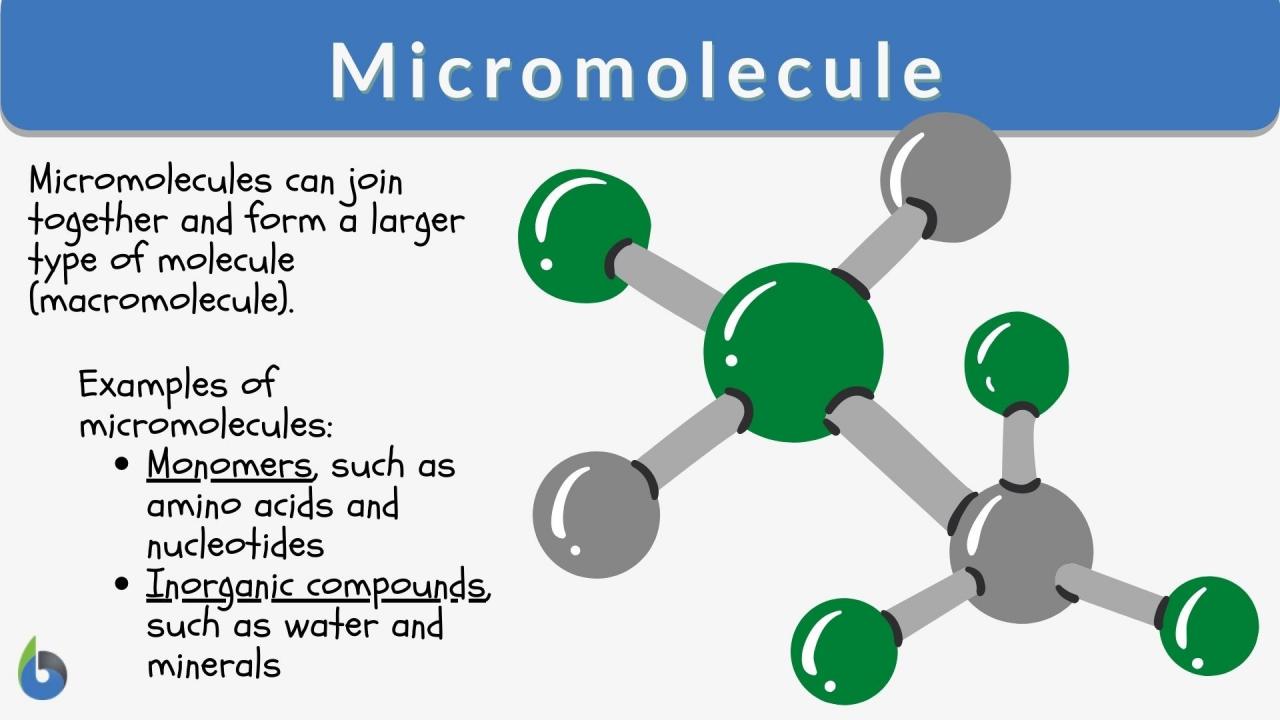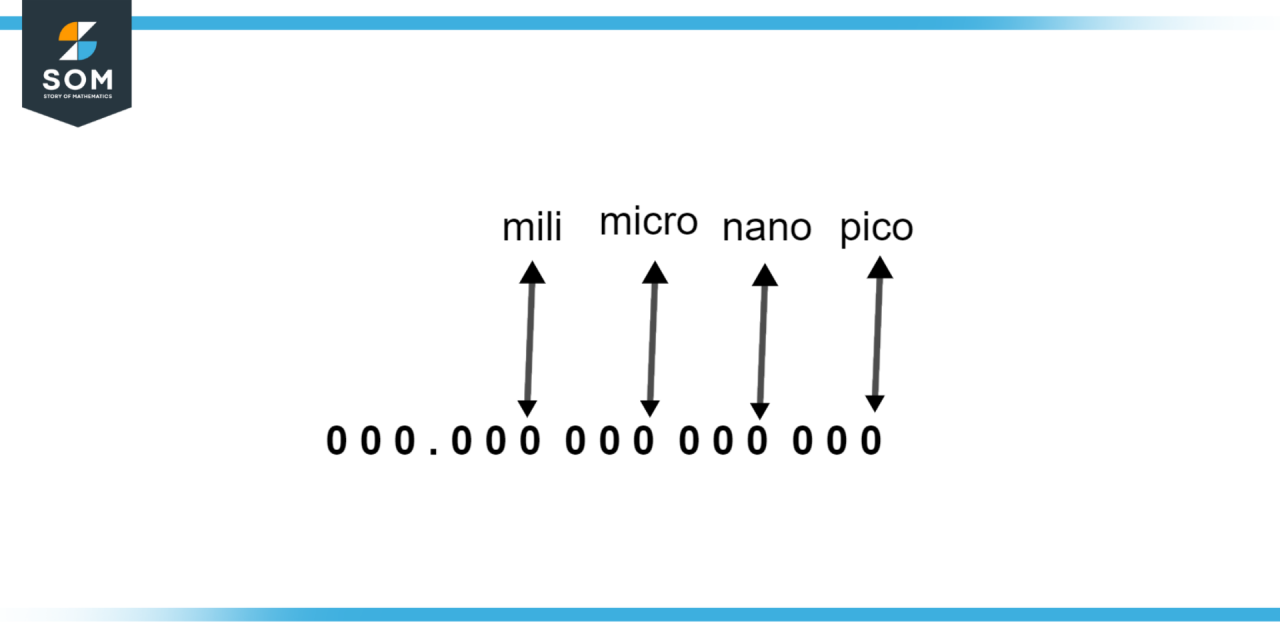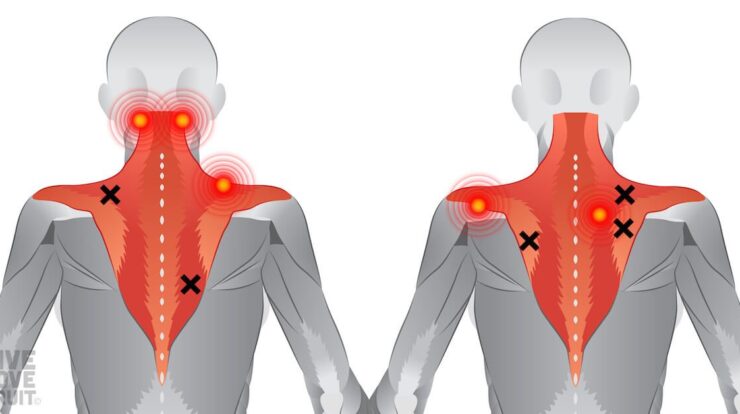
Introducing micro definition, a journey into the realm of the infinitesimally small. From microorganisms that sustain ecosystems to microelectronics that power our devices, the prefix “micro” holds a universe of insights into the intricate workings of our world.
This exploration will delve into the diverse applications of “micro” across fields such as biology, technology, and economics, revealing the profound impact of these miniature marvels on our lives.
Definition of Micro
The term “micro” is derived from the Greek word “mikros,” meaning “small.” It is often used as a prefix in various contexts to denote smallness or a focus on a specific aspect of a larger concept.
Literal Meaning of “Micro”
In its literal sense, “micro” refers to something that is extremely small in size. It is often used in scientific and technical contexts to describe measurements or quantities that are very small, such as micrometers or micrograms.
Different Contexts of “Micro”
Beyond its literal meaning, “micro” is also used in various contexts to refer to a specific aspect or focus. For example, in biology, “micro” is used to describe organisms that are too small to be seen with the naked eye, such as microorganisms.
In economics, “micro” refers to the study of individual markets and the behavior of individual consumers and producers. In technology, “micro” is used to describe electronic devices and components that are miniaturized.
Examples of Words Using “Micro” as a Prefix
- Microscope: An instrument used to magnify and view small objects
- Microprocessor: A small computer chip that processes data
- Microfiber: A synthetic fiber that is extremely fine and absorbent
- Microclimate: A localized area with its own distinct climate
- Microeconomics: The study of individual markets and the behavior of individual consumers and producers
Microorganisms
Microorganisms are living organisms that are too small to be seen with the naked eye. They include bacteria, viruses, fungi, and protozoa.
Types of Microorganisms
- Bacteria: Single-celled organisms that lack a nucleus or other membrane-bound organelles
- Viruses: Infectious agents that consist of genetic material enclosed in a protein coat
- Fungi: Organisms that absorb nutrients from their environment and include yeasts, molds, and mushrooms
- Protozoa: Single-celled organisms that are more complex than bacteria and have a nucleus and other organelles
Importance of Microorganisms
Microorganisms play crucial roles in various ecosystems. They are responsible for:
- Decomposing organic matter and recycling nutrients
- Fixing nitrogen and making it available to plants
- Producing antibiotics and other compounds that are used in medicine
- Causing diseases in humans, animals, and plants
Microelectronics: Micro Definition
Microelectronics is the field of electronics that deals with the design, fabrication, and application of electronic devices and components that are miniaturized.
Components of Microelectronics
Microelectronics components include:
- Transistors: Switches that control the flow of electricity
- Capacitors: Devices that store electrical energy
- Resistors: Devices that resist the flow of electricity
- Integrated circuits (ICs): Small chips that contain millions of transistors and other components
Applications of Microelectronics
Microelectronics is used in a wide range of applications, including:
- Computers
- Smartphones
- Medical devices
- Industrial automation
- Transportation
Impact of Microelectronics on Modern Technology
Microelectronics has revolutionized modern technology by enabling the development of smaller, more powerful, and more efficient electronic devices. It has led to advancements in areas such as:
- Computing
- Communications
- Transportation
- Healthcare
- Energy
Microeconomics

Microeconomics is a branch of economics that studies the behavior of individual entities, such as consumers, producers, and firms.
Key Concepts of Microeconomics
Key concepts of microeconomics include:
- Supply and demand: The relationship between the quantity of a good or service that producers are willing to supply and the quantity that consumers are willing to demand
- Market equilibrium: The point where the quantity of a good or service that producers are willing to supply equals the quantity that consumers are willing to demand
- Elasticity: The responsiveness of quantity supplied or demanded to changes in price or other factors
Role of Microeconomics in Decision-Making
Microeconomics plays a crucial role in decision-making by providing insights into:
- Consumer behavior
- Producer behavior
- Market dynamics
- Government policies
Microfinance

Microfinance is the provision of financial services to low-income individuals and small businesses who are typically excluded from traditional banking systems.
Goals of Microfinance
The goals of microfinance include:
- Providing access to credit for the poor
- Promoting savings and financial literacy
- Empowering women and marginalized groups
- Reducing poverty and inequality
Principles of Microfinance
Microfinance is based on the principles of:
- Small loans: Microfinance institutions typically provide small loans to borrowers who would not qualify for traditional bank loans.
- Group lending: Microfinance institutions often lend to groups of borrowers, who are jointly responsible for repaying the loan.
- Flexible repayment schedules: Microfinance institutions offer flexible repayment schedules that are tailored to the needs of borrowers.
Impact of Microfinance, Micro definition
Microfinance has had a positive impact on the lives of millions of people around the world. It has helped to:
- Reduce poverty
- Increase incomes
- Improve access to education and healthcare
- Empower women
Last Point
In conclusion, micro definition serves as a gateway to understanding the fundamental building blocks of our world. By delving into the realm of the microscopic, we gain a deeper appreciation for the intricate interconnectedness of life and the transformative power of innovation at the smallest scales.
FAQ Overview
What is the literal meaning of “micro”?
Micro, derived from the Greek word “mikros,” means “small” or “little.”
How is “micro” used in different contexts?
Micro is used as a prefix to indicate smallness in various fields, including science, technology, and economics.
What are some examples of words that use “micro” as a prefix?
Examples include microcosm, microchip, and microeconomics.





